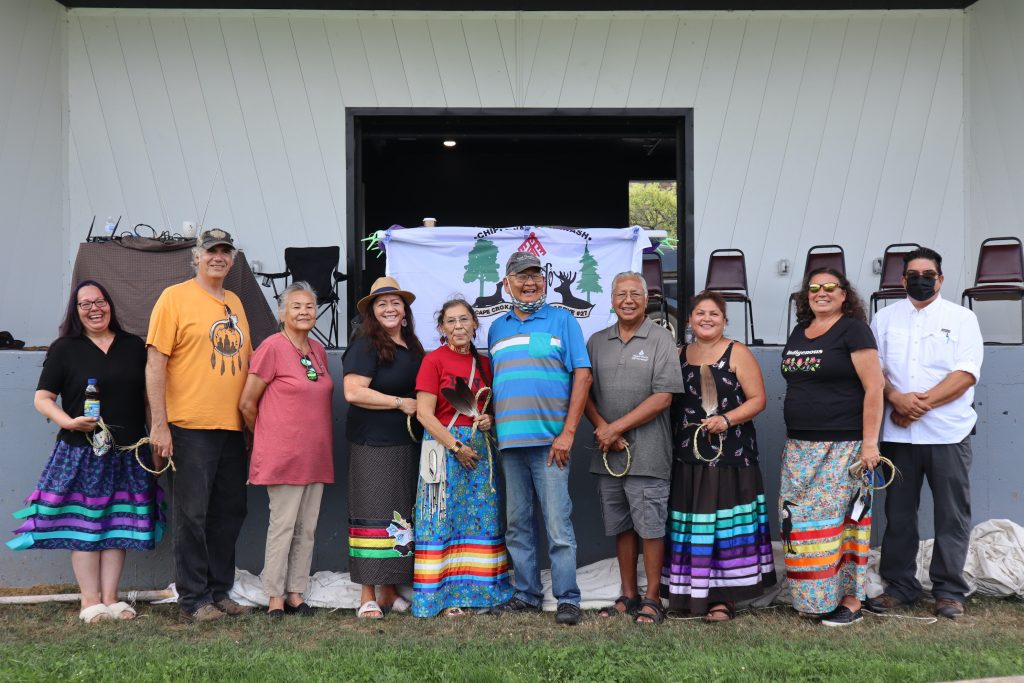About

The Coldwater-Narrows Land Claim
The Coldwater-Narrows claim stems from events that took place over 170 years ago in relation to land known as the Coldwater-Narrows reserve. The reserve was 10,673 acres in size and ran about 14 miles long by 1.5 miles wide, along an old portage route between present-day Orillia and Matchedash Bay on Lake Huron in Ontario. It also included a mill at Port Severn.
The Coldwater-Narrows claim relates to the alleged surrender of the reserve in 1836 and the subsequent sale of those lands. The basis of the claim is that the alleged 1836 surrender of the reserve was invalid because it was conducted improperly and that the land was then sold below its value and in an untimely fashion.
History of the Negotiations: An Overview
The Coldwater-Narrows claim was originally submitted by the Chippewa Tri-Council (CTC) in November of 1991. The CTC is composed of three First Nations: the Chippewas of Rama, the Chippewas of Georgina Island and the Beausoleil First Nation. The Government of Canada accepted the claim for negotiations under its Specific Claims Policy in July of 2002. Canada and the First Nations announced the start of these negotiations at a joint press conference held in Coldwater, Ontario on August 9, 2002.
Following historical research undertaken in 2006, it was determined that the Chippewas of Nawash also have an interest in the settlement of the Coldwater-Narrows claim. The Chippewas of Nawash joined the negotiations in 2008.